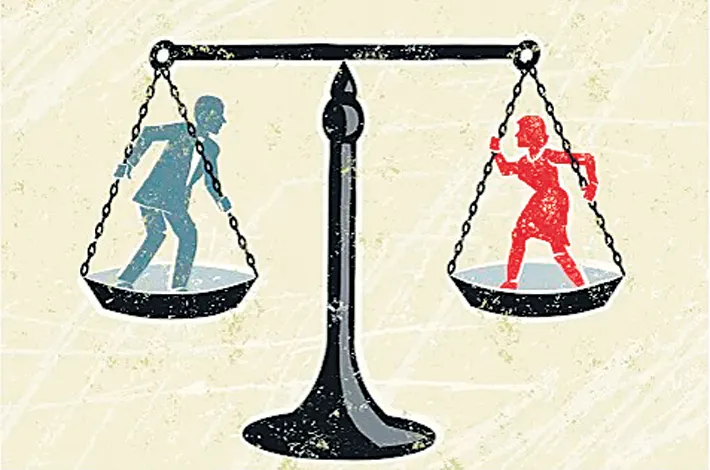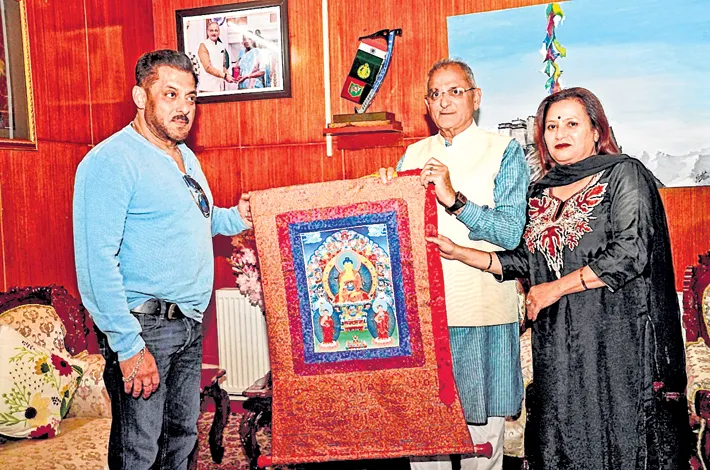Internalized misogyny in the judiciary
08-03-2025 12:00:00 AM

Metro India News | mumbai
The recent controversy surrounding a Pune district court judge’s remarks during mediation highlights a persistent issue in our legal system—internalized misogyny and patriarchal attitudes that influence judicial proceedings. The statements attributed to the judge, questioning a woman’s marital status based on her choice to forgo a mangalsutra and bindi, and another judge’s assertion that women are financially opportunistic in marriage, expose deep-seated gender biases. Such biases are not just personal opinions; when expressed in a legal setting, they reinforce the systemic discrimination women face while seeking justice.
Internalized misogyny refers to the subconscious acceptance of sexist ideas by both men and women, often leading to the reinforcement of patriarchal norms. In a legal framework, where neutrality and fairness are paramount, such biases manifest as victim-blaming, lack of empathy for women’s experiences, and an implicit belief in traditional gender roles.
The remarks made by the mediating judge in this case exemplify how the judiciary can unknowingly become an enforcer of patriarchal expectations. By equating a woman’s worth in marriage to her external symbols of tradition, the judge dismissed her autonomy and individuality. Similarly, the claim that men are more "flexible" than women in choosing partners perpetuates the stereotype that women are manipulative gold-diggers rather than independent individuals with their own aspirations.
Mediation is meant to provide a neutral space for resolving disputes, particularly in sensitive cases like domestic violence and maintenance claims. However, when judges and mediators harbor and express such biases, they intimidate and silence women rather than offering them a fair platform.
For women facing domestic violence, these biases can be especially harmful. When a judge implies that a woman must "behave like a married woman" to keep her husband’s interest, it subtly justifies abusive or neglectful behavior by the husband. Similarly, when financial independence is framed as a reason to deny maintenance, it disregards the economic sacrifices many women make in marriage.
Judicial remarks like these also erode trust in the system. Women who approach the courts for justice are often already battling stigma, family pressure, and societal scrutiny. When the very institution meant to protect them perpetuates these biases, they are left feeling disillusioned and vulnerable.
This incident underscores the urgent need for comprehensive gender sensitization training for judges, mediators, and legal professionals. While legal education covers statutes and precedents, it rarely addresses the sociocultural realities of gender inequality. Exposing judges and mediators to real-life experiences of domestic violence survivors, working women, and single mothers could foster better understanding of the issues.
The law must not only be fair on paper but also in practice. For that, we must first dismantle the prejudices that remain deeply embedded in our legal system.
Dr A L Sharada Trustee, Population First








